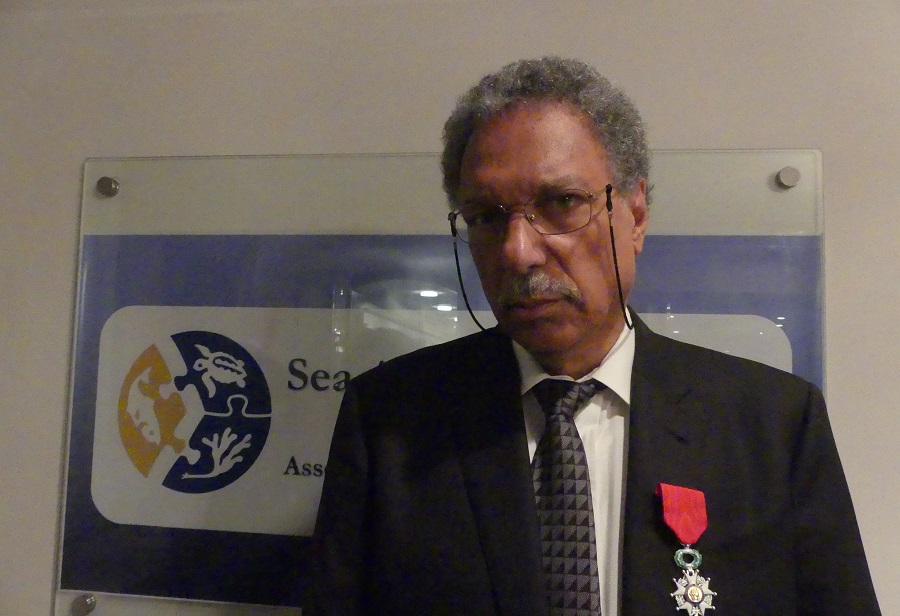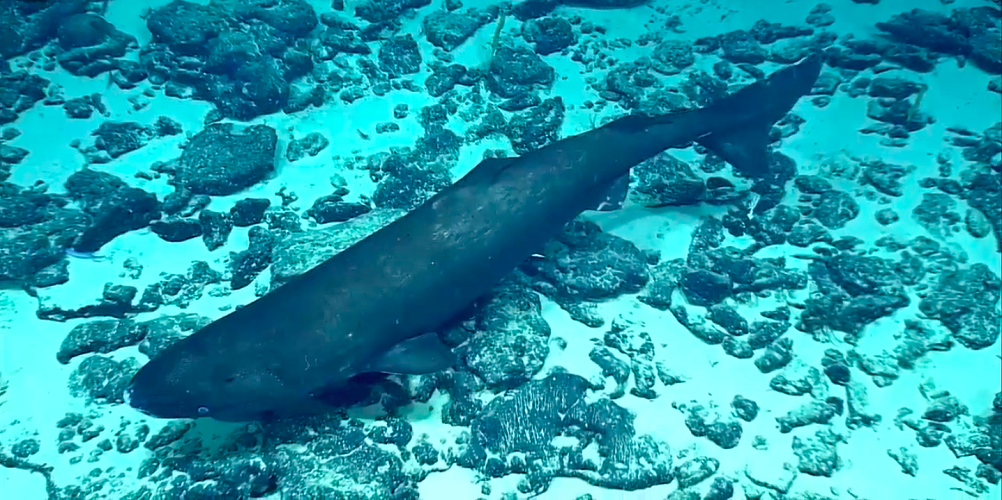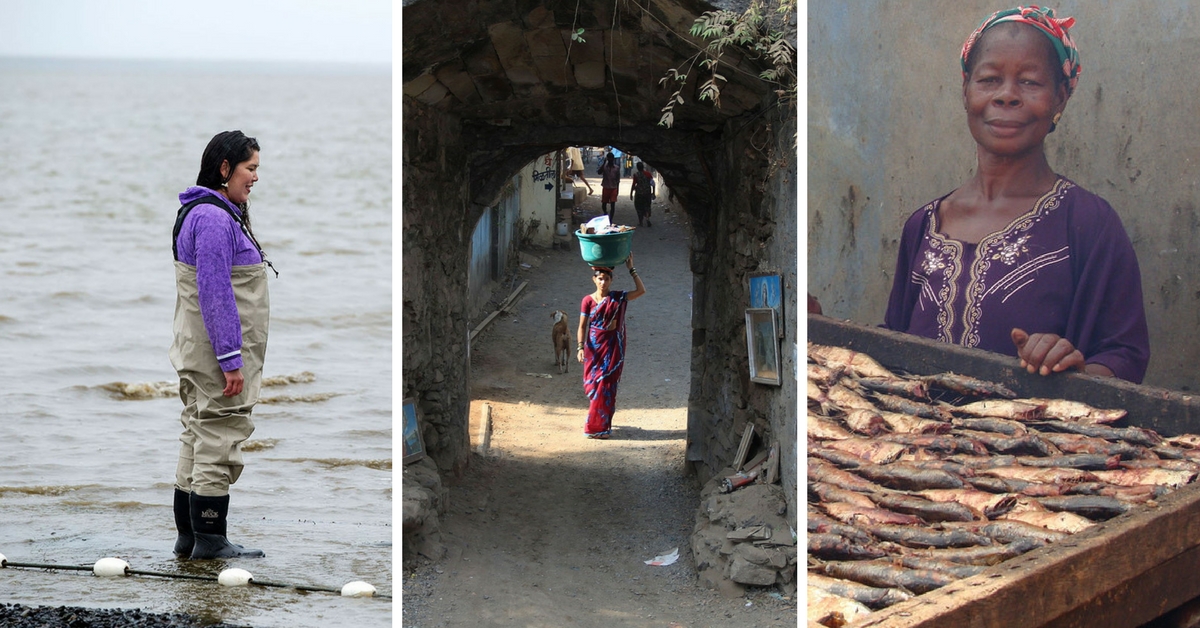Industrial fisheries that rely on bottom trawling to catch fish threw 437 million tonnes of fish and $560 billion overboard over the past 65 years, finds new research.
The study documents the growth in bottom trawling, a practice that results in nets full of unwanted or unneeded fish that fishers dump overboard.








